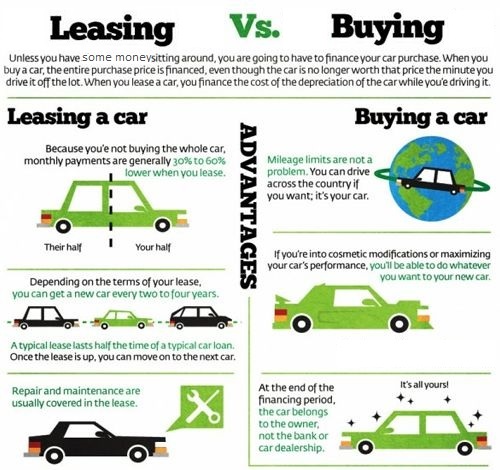A key strategy and decision in fleet management is deciding to buy or hire the vehicles for your fleet. The primary factor you want to know is what will cost you less. But should you only be using cost as a means of evaluation? No you should not, as both are different fleet management strategies of building a fleet. Hence you would need to evaluate many other factors example;
- Available capital and cash flow
- Taxes and Insurance
- Regulatory compliance
- Vehicle maintenance and downtime
- Vehicle modifications required
- Daily run and fluctuation in requirements
And more such related factors to the company’s business.
Options to build your fleet;
- Buying vehicles in fleet management – Outright or buying on lease or finance
- Hiring/renting vehicles in fleet management – Fixed term or monthly rent
- Each option has its pros and cons. You need to evaluate based on your requirements

Outright purchase of fleet: This means the full payment of the vehicle is paid on purchase. This requires initial capital investment but would be the cheapest option of all. As the dealers on such a purchase do tend to give discounts to clear their stock. You would not need to pay interest or additional charges in an outright purchase.
Purchase of fleet on lease or finance: This requires only an initial down payment (if mandatory) and make the remaining payment over monthly instalments over a period of time. These instalments have to be paid irrespective the vehicle is in use or not, and you are the owner of the vehicle at the end of this period. As the instalments are inclusive of financial interest, the overall vehicle cost at the end of the instalment term is higher than the actual vehicle cost. The total cost would depend on the interest rates in your region.
In both these fleet management strategies you have the complete flexibility to customize the vehicle as required. You also have to manage the fleet maintenance (inhouse or outsourced) and bear all the taxes, insurance and maintenance and its related cost. But this does give more control over the fleet down time compared to fleets on hire/rent. You can read more about it in the fleet maintenance section. You also have to ensure all the regulatory compliance of the fleet vehicles.
Purchase of fleet on lease or finance: This requires only an initial down payment (if mandatory) and make the remaining payment over monthly instalments over a period of time. These instalments have to be paid irrespective the vehicle is in use or not, and you are the owner of the vehicle at the end of this period. As the instalments are inclusive of financial interest, the overall vehicle cost at the end of the instalment term is higher than the actual vehicle cost. The total cost would depend on the interest rates in your region.
In both these fleet management strategies you have the complete flexibility to customize the vehicle as required. You also have to manage the fleet maintenance (inhouse or outsourced) and bear all the taxes, insurance and maintenance and its related cost. But this does give more control over the fleet down time compared to fleets on hire/rent. You can read more about it in the fleet maintenance section. You also have to ensure all the regulatory compliance of the fleet vehicles.
Fixed term hire of fleet vehicles: This is hiring of vehicles from suppliers who purchase vehicles and lease/rent them out to clients. In a fixed term you have to lease/rent a vehicle for a fixed period of time and any cancellation of contract before the completion of the term may involve a penalty. You would pay the rent amount for period the vehicle is not in use.
Monthly rent for fleet vehicles: This is hiring of vehicles from suppliers who purchase vehicles and lease/rent them. But unlike a fixed term contract, you only pay every month if you have further requirements and would like to continue using the vehicle. It is easy to cancel further use of the vehicle anytime without any penalties. Monthly rent is more expensive than fixed term hire of vehicles.
In both the fleet management strategies there is a major benefit of being responsible fleet maintenance as well as the taxes, insurance and regulatory compliance, as it is taken care by the fleet vehicle supplier. But there can be limitation to the customisations that be done to the fleet vehicles and also less control over the fleet down time compared to fleet ownership. There may also be limitations on the total distance a fleet vehicle can be driven each day or month.
Monthly rent for fleet vehicles: This is hiring of vehicles from suppliers who purchase vehicles and lease/rent them. But unlike a fixed term contract, you only pay every month if you have further requirements and would like to continue using the vehicle. It is easy to cancel further use of the vehicle anytime without any penalties. Monthly rent is more expensive than fixed term hire of vehicles.
In both the fleet management strategies there is a major benefit of being responsible fleet maintenance as well as the taxes, insurance and regulatory compliance, as it is taken care by the fleet vehicle supplier. But there can be limitation to the customisations that be done to the fleet vehicles and also less control over the fleet down time compared to fleet ownership. There may also be limitations on the total distance a fleet vehicle can be driven each day or month.
Tools
New tools will be added and updated whenever available, hence keep visiting for new and updated tools